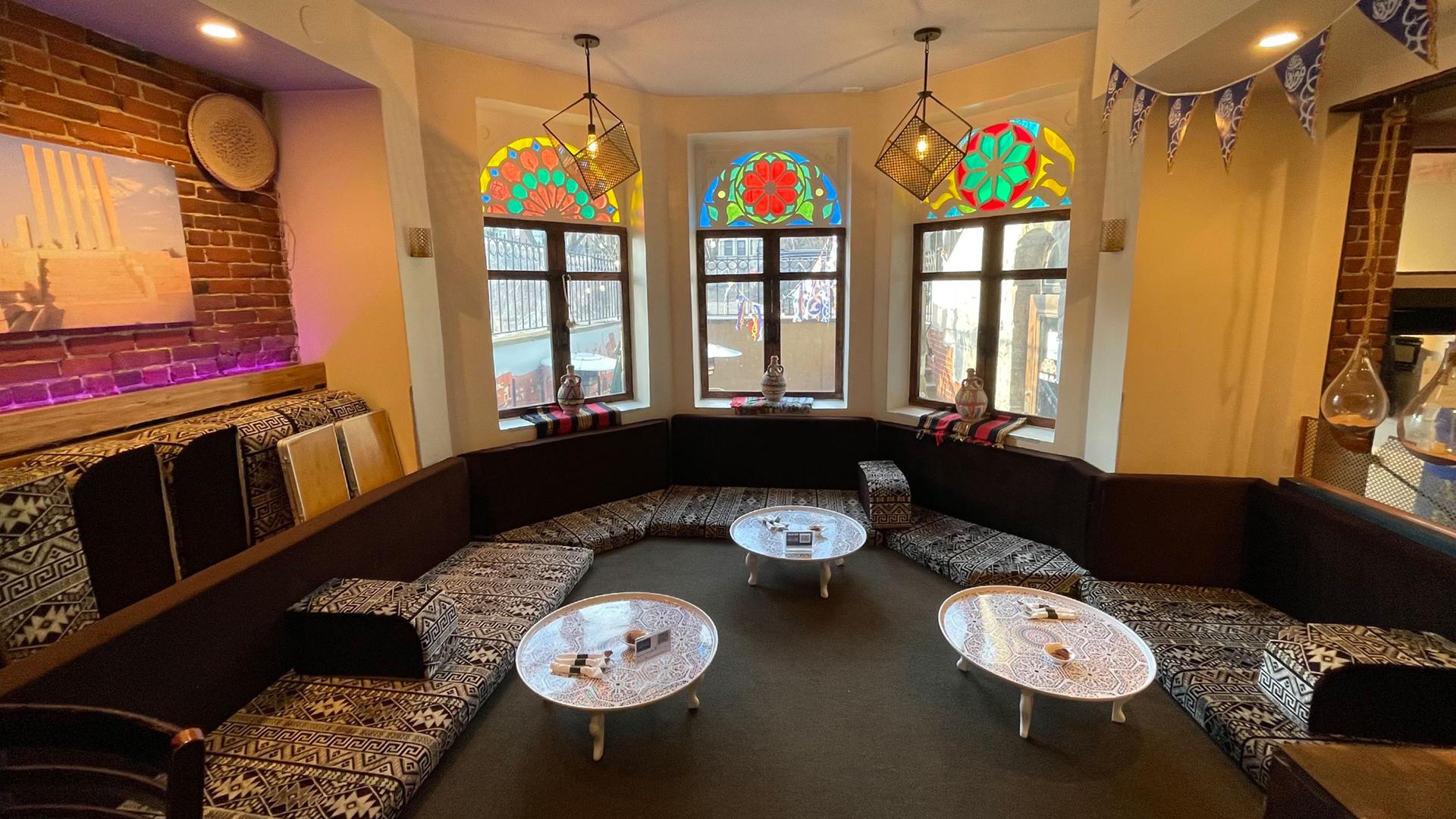At Boston’s first Yemeni restaurant, food, community and tradition are on the menu this Ramadan
The Bab al-Yemen restaurant in the heart of Boston transports its diners to an entirely different place.
There’s a carpeted seating area on the floor near the entrance with cushions, floor tables with fancy designs, clay pottery and stained glass windows.
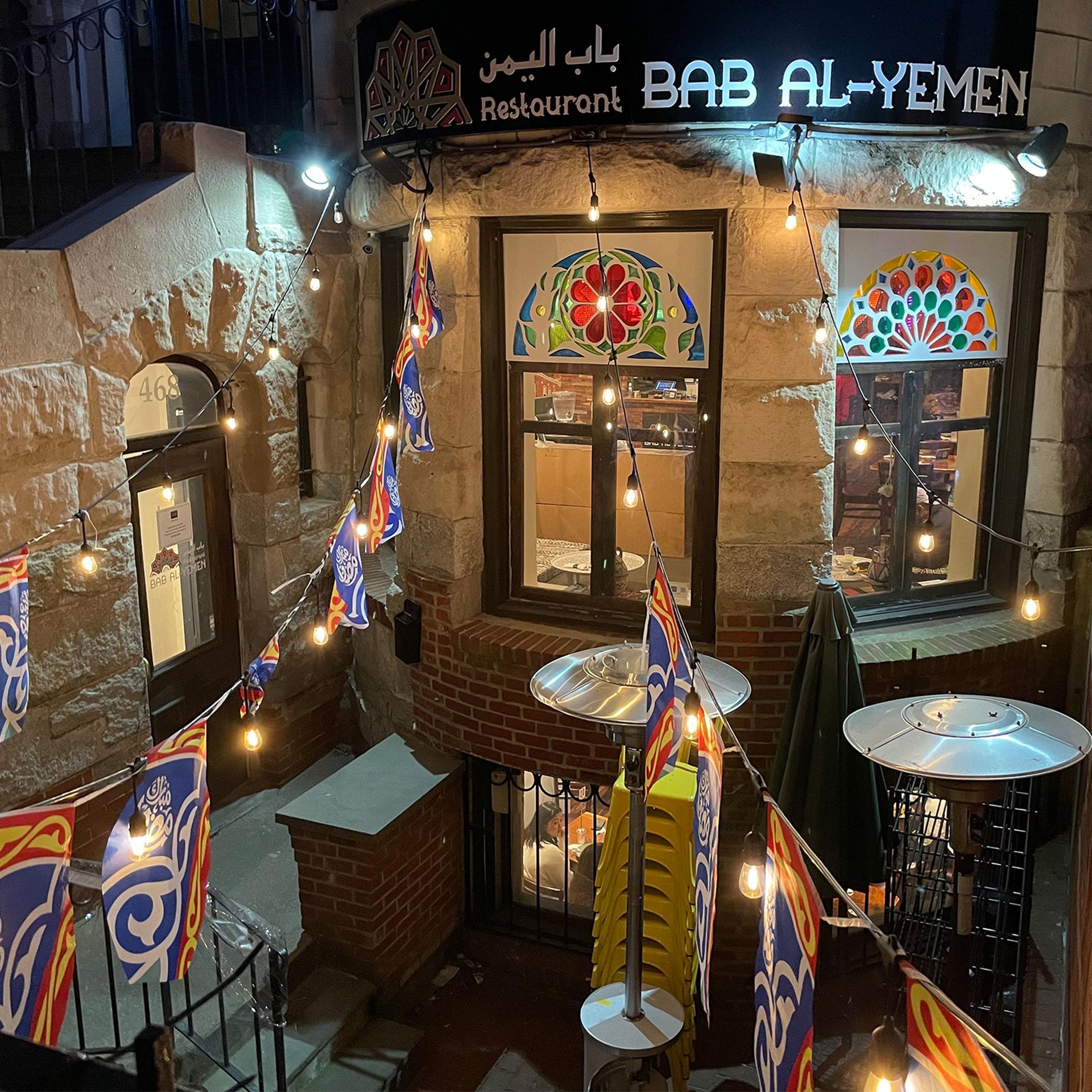
Its owner, Ahmed Mahmood, has made some adjustments to accommodate the holy month of Ramadan — when Muslims abstain from eating and drinking, among other things, from just before sunrise to sunset.
Mahmood has been living in Boston for nine years. He was born in New Mexico, then moved back to Yemen with his family as a child, and returned to the US later for college. He eventually worked for the New York City Department of Education as an enrollment systems manager and then in project management in Washington, DC.
When he first arrived in Boston, he noticed there weren’t any Yemeni restaurants.
“When I actually wanted to eat Yemeni food, I would go to New York City,” Mahmood said.
Then, inspired by his brother’s successful restaurant in Malaysia, Mahmood opened a quick-serve falafel and shawarma restaurant of his own. But he had to close it down when the COVID-19 pandemic struck. It did, however, open the door for a new and unique experience.
“I wanted to do the food, as well as the culture with it.”
“Food is the one language that everybody understands,” he said. “I wanted to do the food, as well as the culture with it.” That’s why he focused on the restaurant’s atmosphere to bring about a unique experience.

On the walls, he’s placed photos of vibrant cities across Yemen, a country often associated with conflict. They include an image of his own hometown of Taiz, in southern Yemen.
There are also various types of traditional windows decorating the walls — some called qamaria, which are intricately carved and others made of wood, designed to look like those in Yemeni homes. On display, there’s also a replica of what a typical Yemeni town would look like.
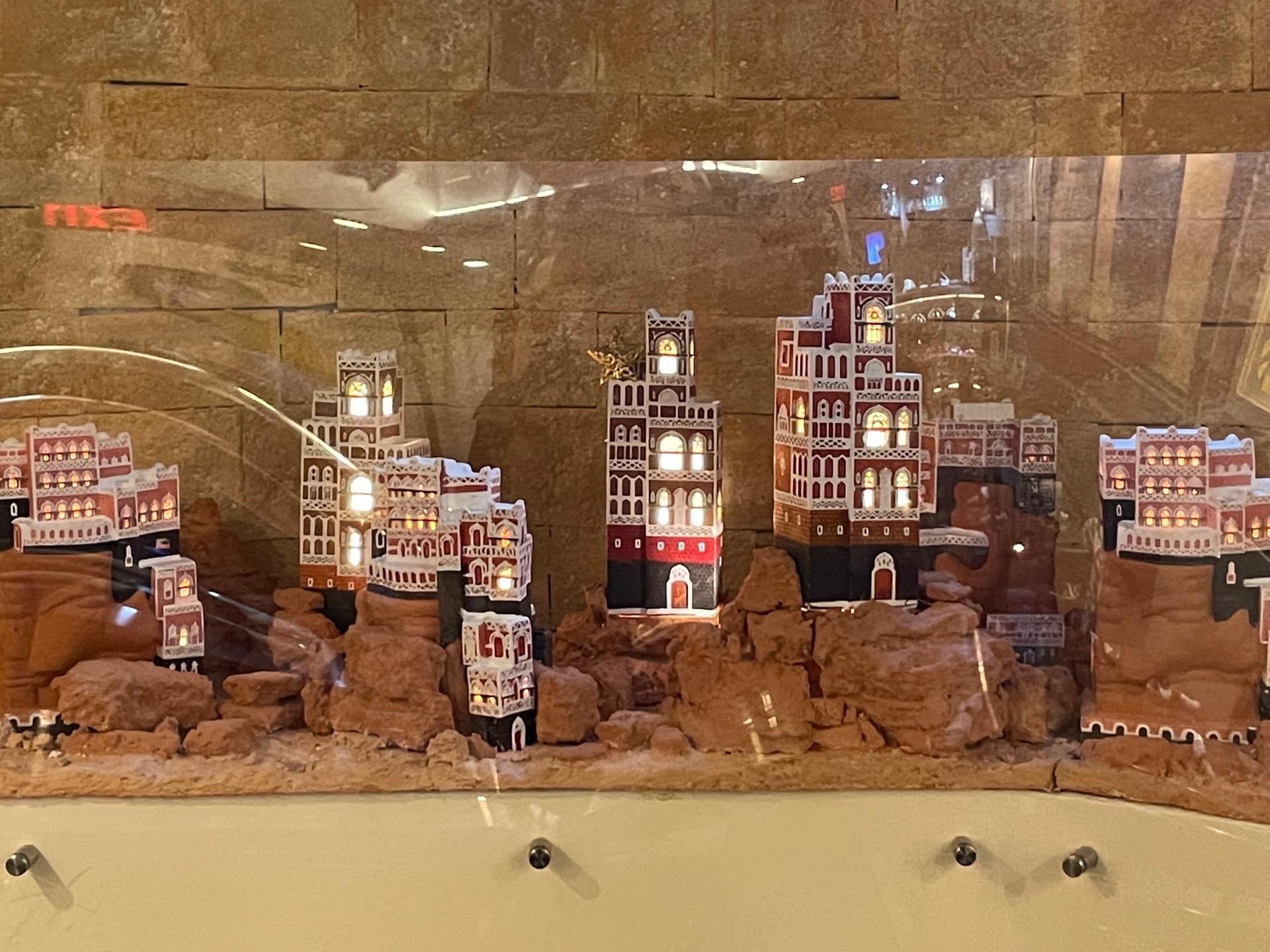
There’s also a small prayer area for employees and customers to perform their daily prayers.
These days, Mahmood has special decorations up for Ramadan, including pennant flags with Middle Eastern designs hanging from the ceilings and bright cloths with crescent moons draped between the restaurant tables.
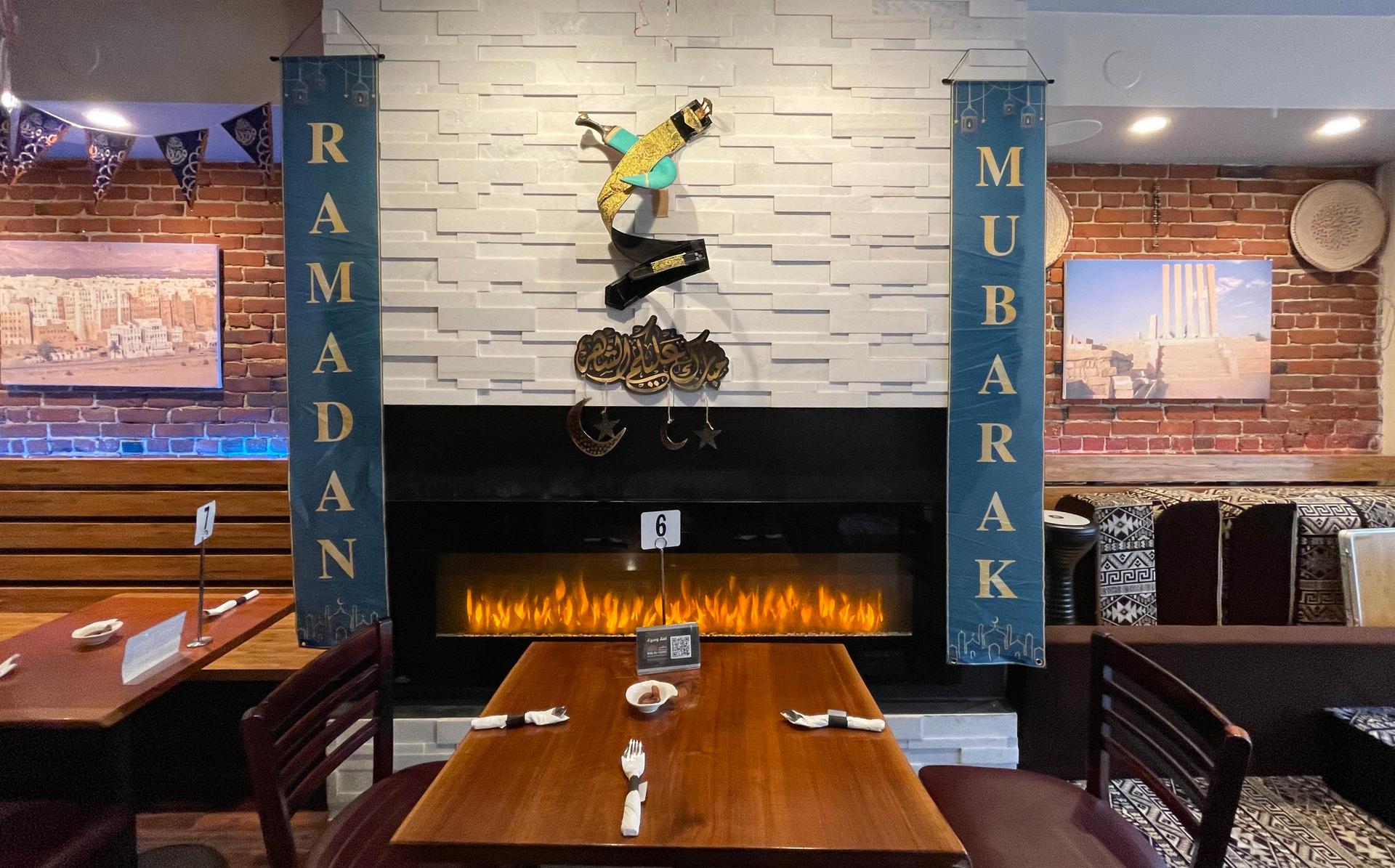
It also creates a festive ambiance that is generally found only in Muslim-majority countries where Ramadan is more visibly observed.
“There are no restaurants open during the day,” Yaniss Boughanem said about how Ramadan is lived in other countries. He’s originally from Algeria and works at the restaurant. “Everyone has shorter hours and schools close early.”
Boughanem makes one of the staples at the restaurant from scratch: Yemeni bread.
The restaurant also opens later in the day throughout the holy month. And even though it opens about an hour before sunset for regular customers, Mahmood said that some diners who are not Muslim like to join in on the experience and wait to eat with patrons who are breaking the fast.
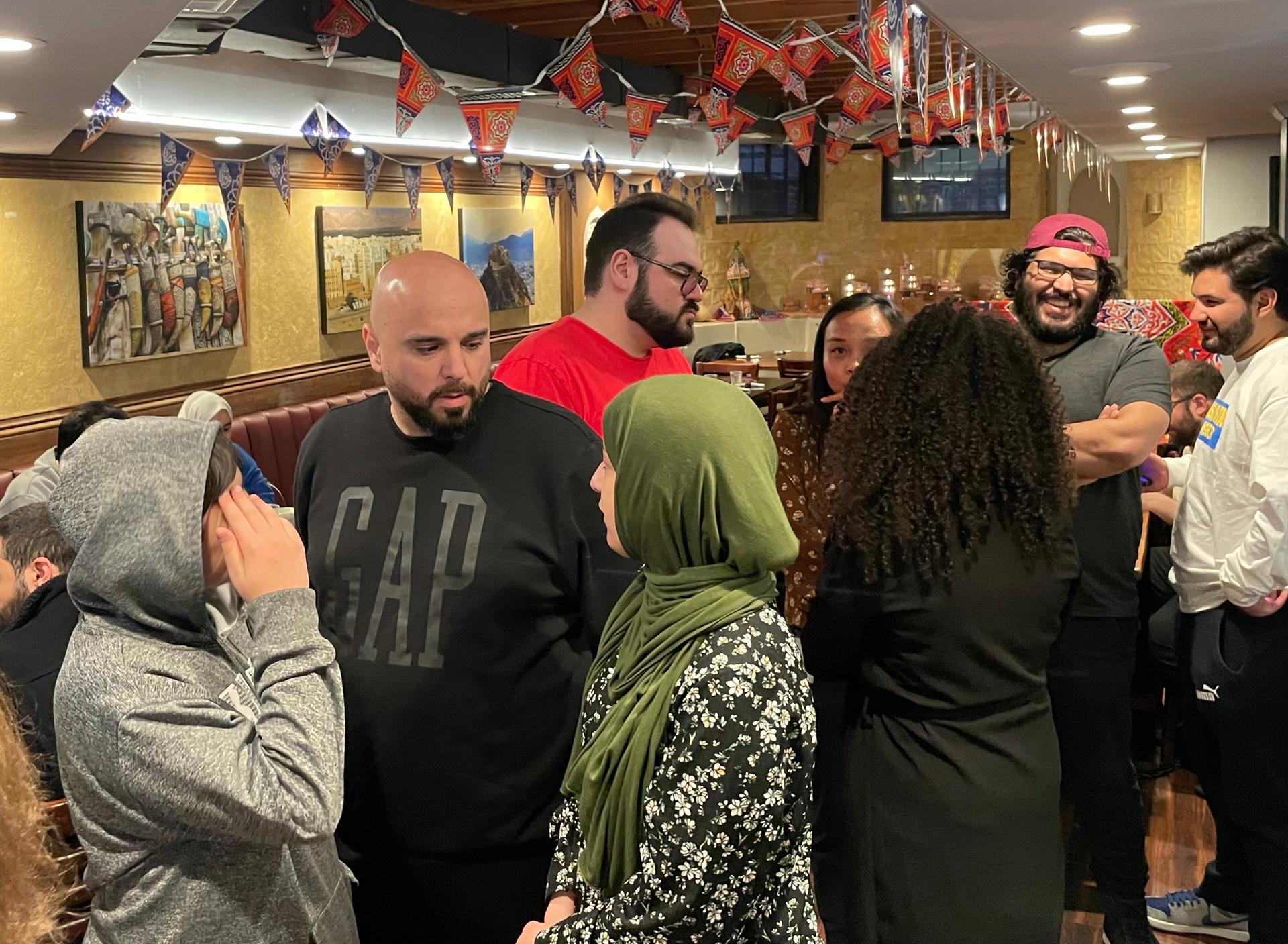
The dining experience is also different this month. In a place that normally offers entree selections, customers are greeted by a buffet spread during Ramadan.
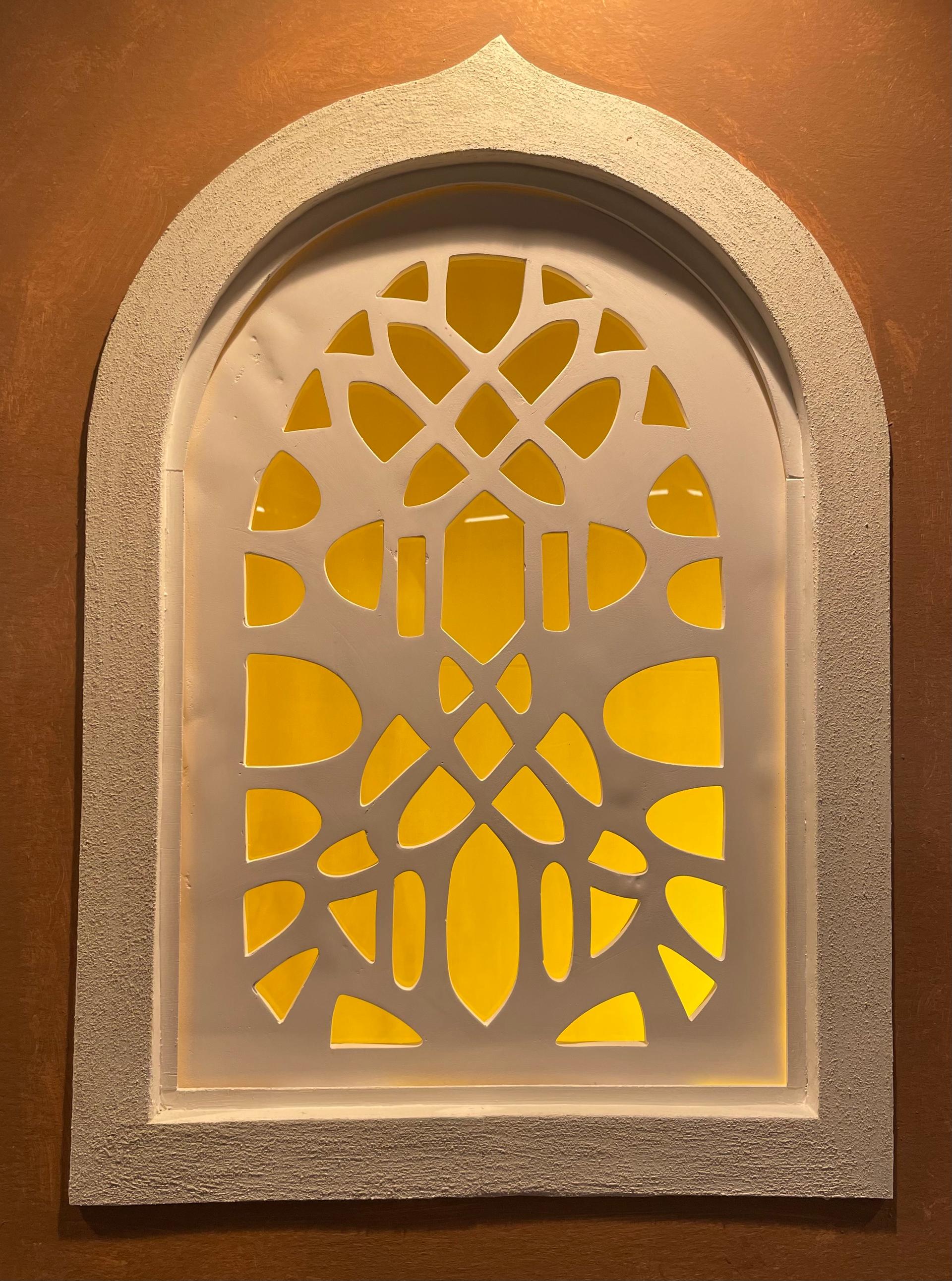
The dishes are prepared with recipes from Mahmood’s mother.
Beyond food and drink
Fasting is only one aspect of the spirit of Ramadan.
It’s a month when many people increase their worship and charity — including prayers, reading the Quran and donating to the less fortunate.
“Growing up, Ramadan was basically a lot of family gatherings. But it’s also about providing good value to the community, as well as doing good service, donating a lot of food, donating a lot of money,” said Bilal Daqqah, who was at the restaurant with his friends.
“For me, [Ramadan] means community … patience and gratitude and recognition that, for other people, [food insecurity] is a norm.”
Another diner, Rami Bikdash said, “For me, it means community. It means patience and gratitude and recognition that, for other people, [food insecurity] is a norm.”
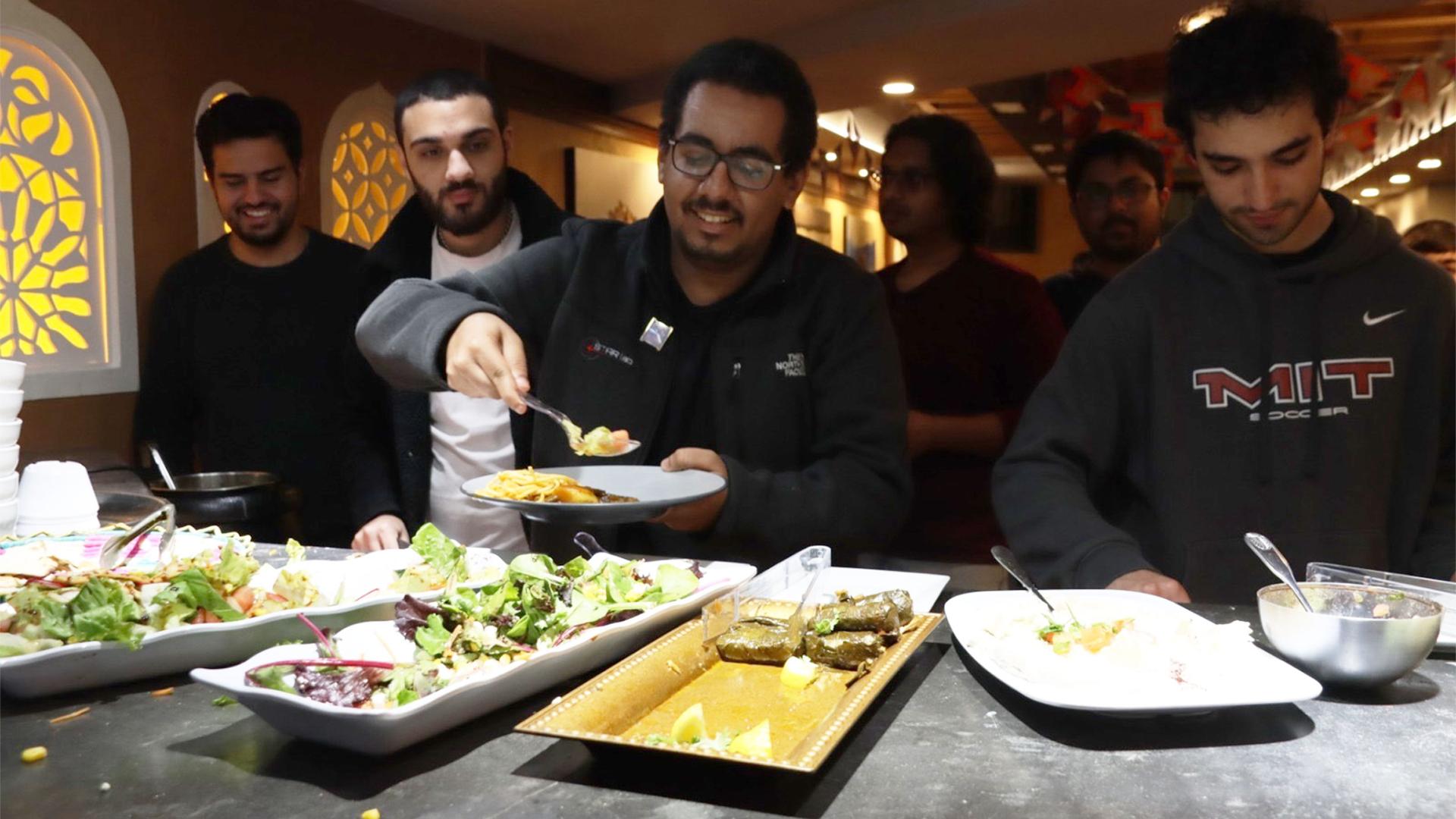
One of the purposes of fasting is to create empathy for those who can’t afford to buy food.
Yemen is no stranger to food insecurity. The UN’s World Food Program has said that 17 million people are food insecure in the country.
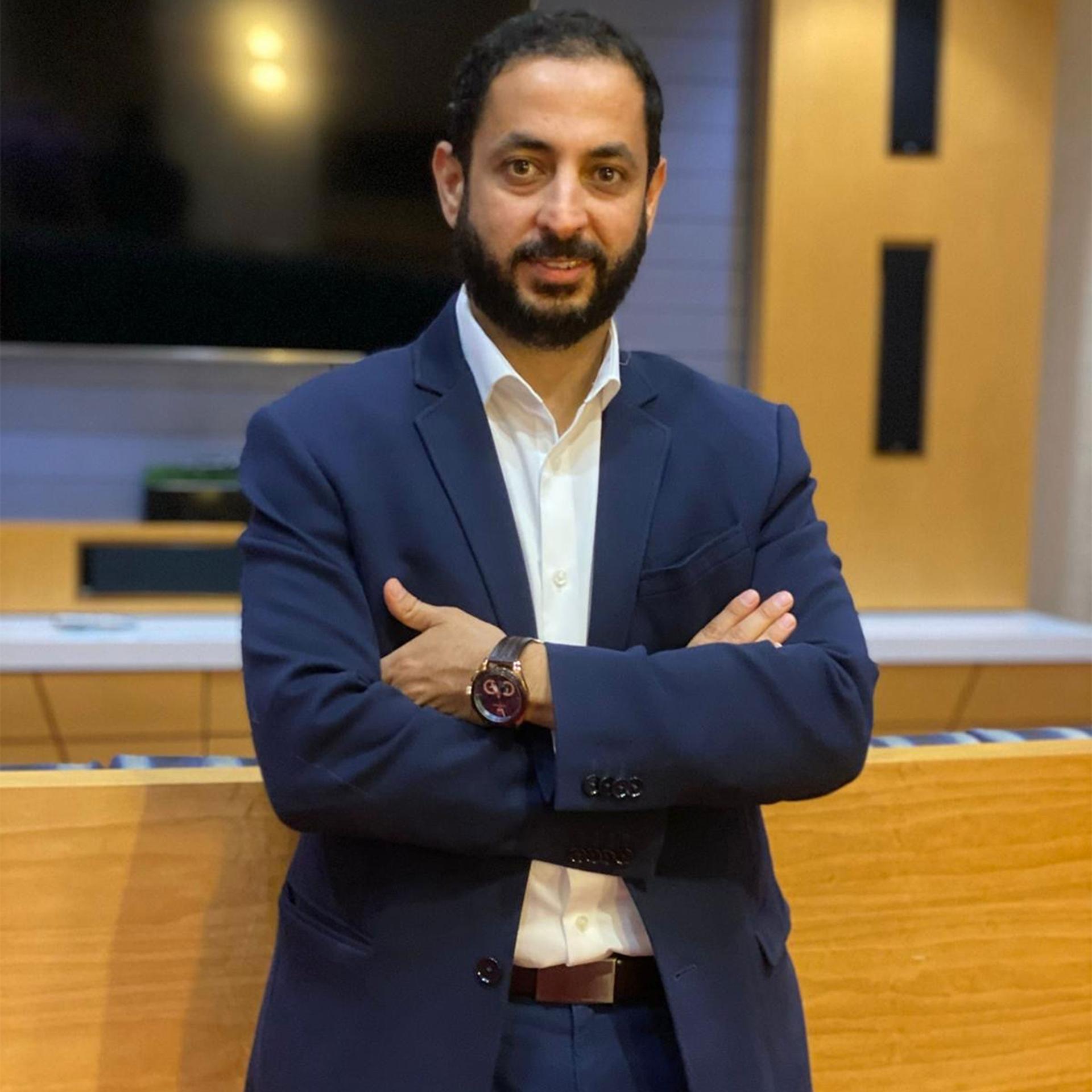
Many also see the current conflict as a proxy war between regional rivals Saudi Arabia and Iran.
Mahmood said that everyone in the country has been affected by war in some way.
Recent talks between Saudi Arabia and Yemen’s Houthi fighters have seen a breakthrough though. Last Friday, the two sides began a prisoner swap, exchanging hundreds of detainees, with more being released this week.
Peace efforts have failed in the past, but Mahmood is cautiously optimistic.
“I’m full of hope, I hope that something will change for people,” he said. “We’ve seen a lot of glimpses of hope in the past, but they didn’t end up materializing and usually, Yemenis are the ones who end up suffering,” he added.
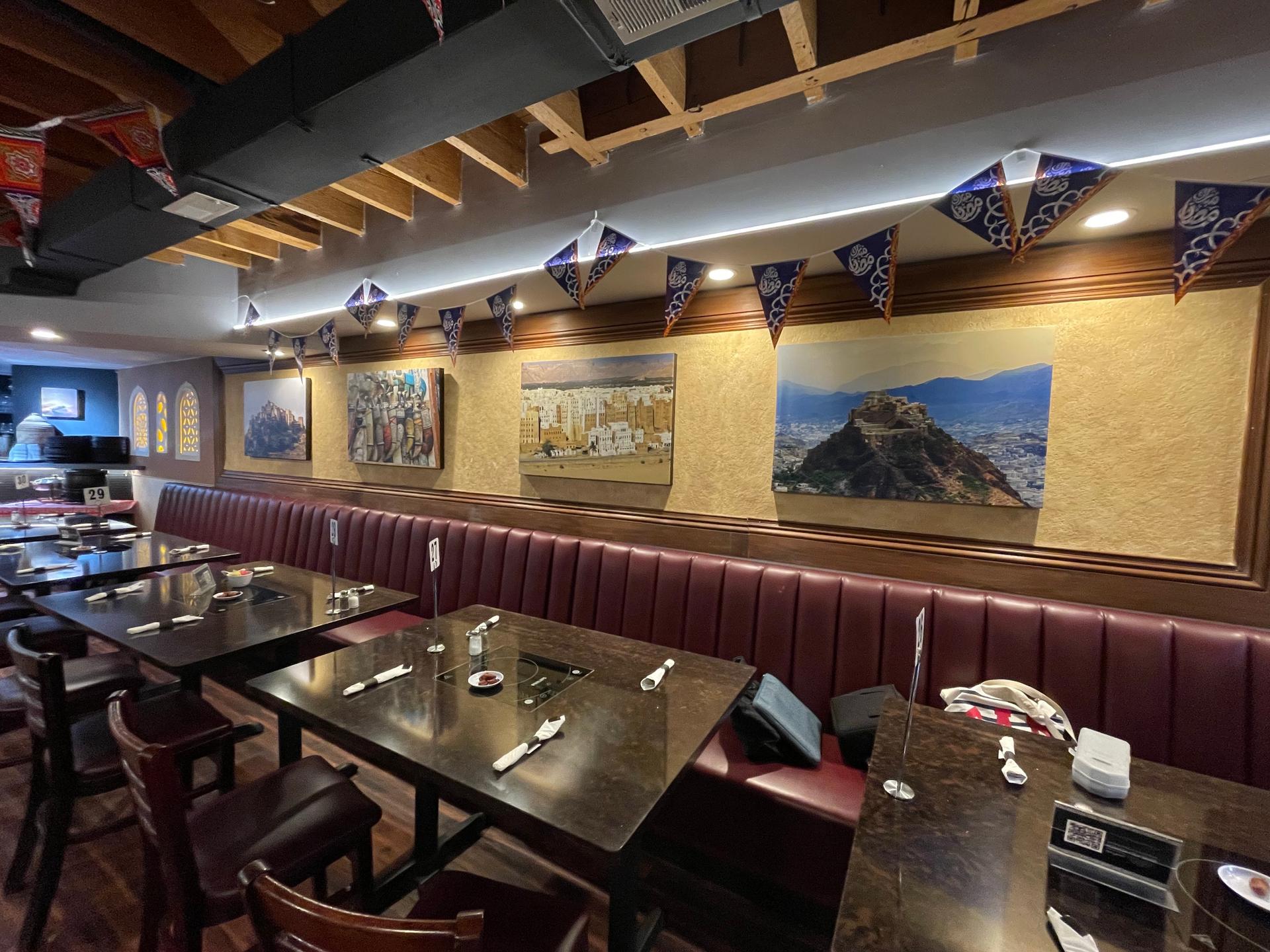
In the meantime, Mahmood hopes that through his restaurant, he can share his culture and cuisine with others to help patrons see a different and more beautiful side of Yemen.
Related: Yemenis struggle to maintain contact with loved ones amid attacks, internet blackout
